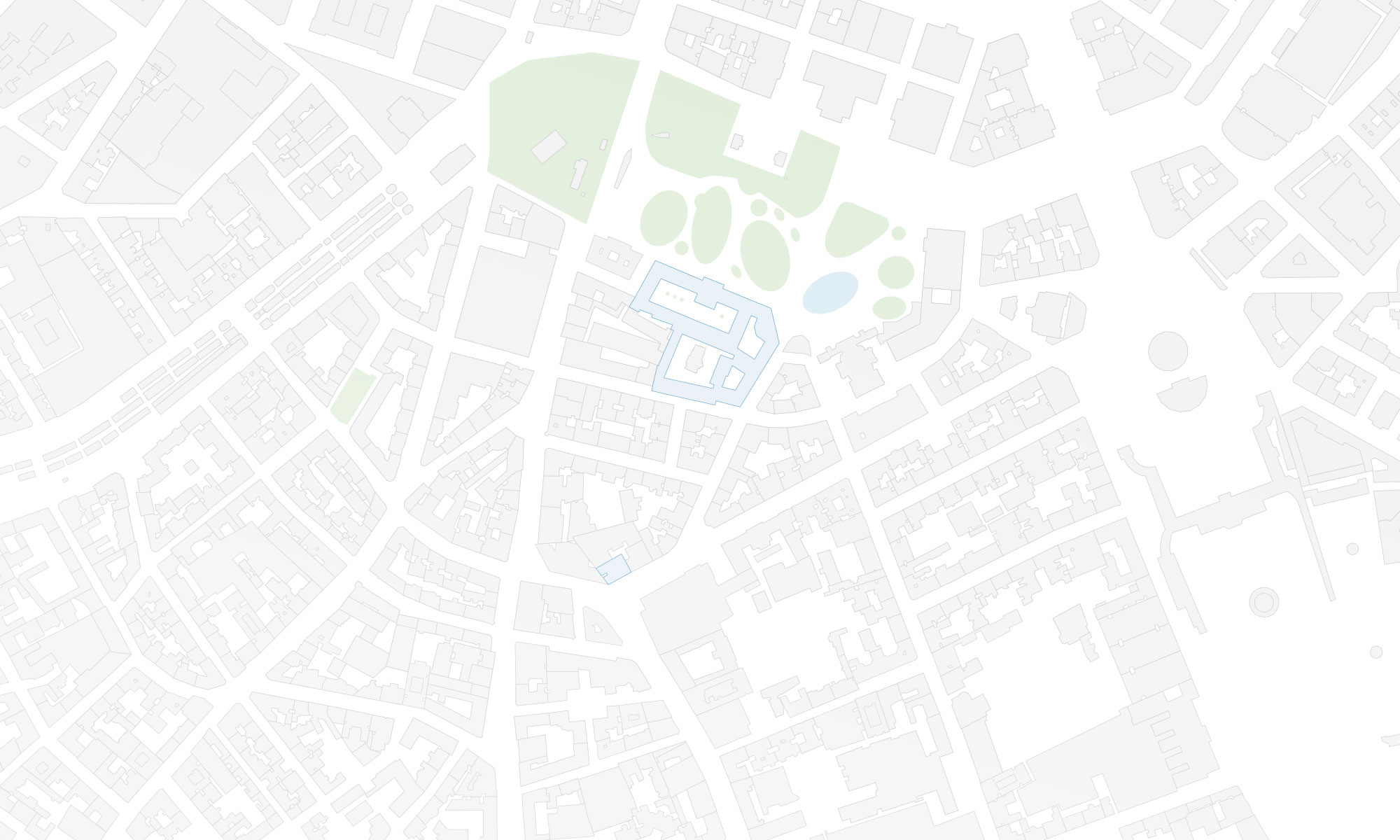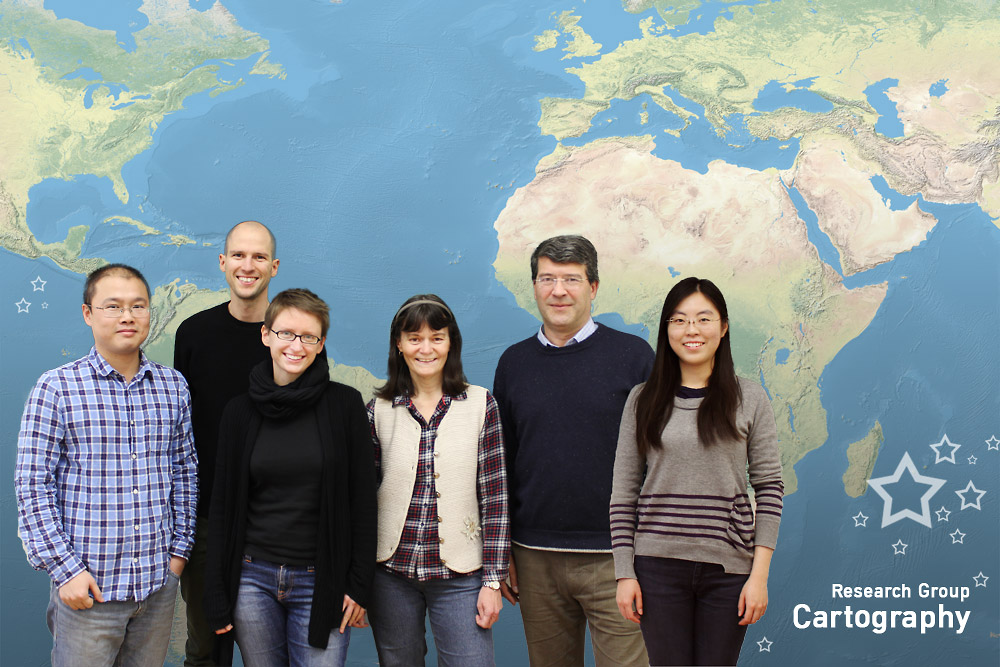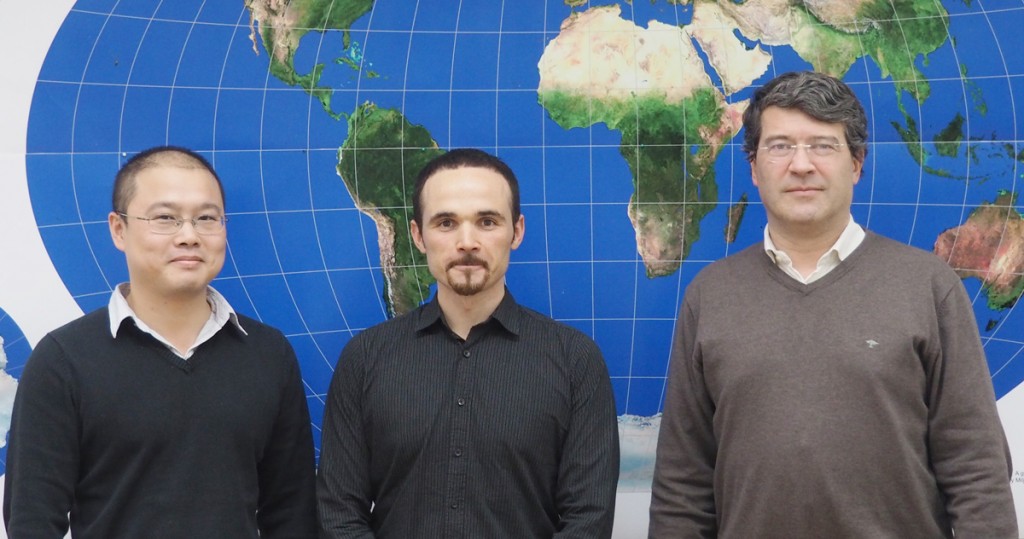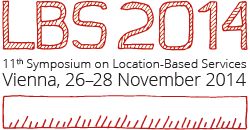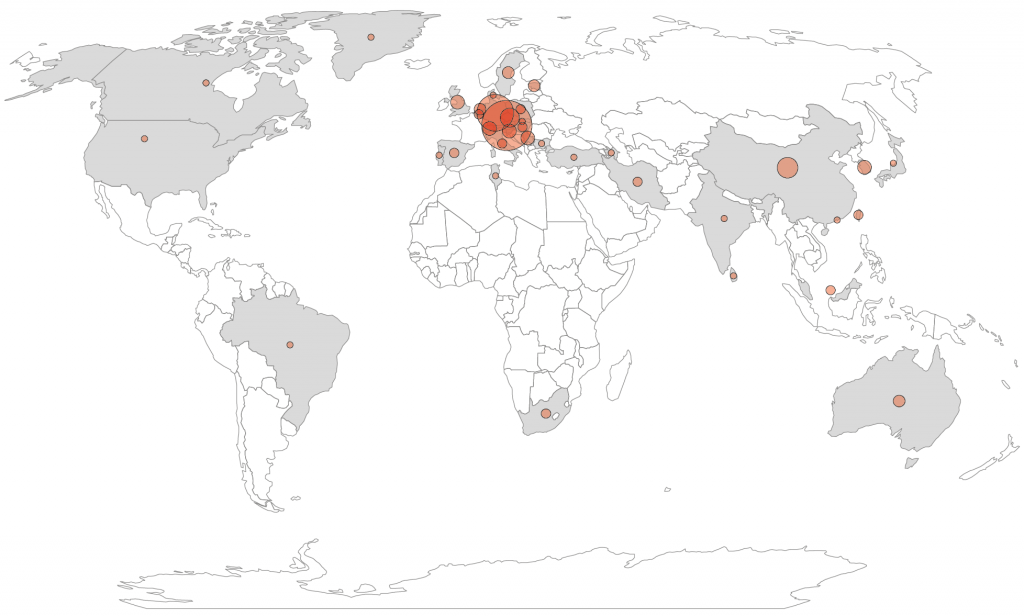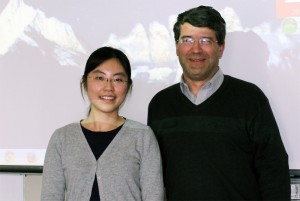We are very happy to host a CartoTalk by Anita Graser of the Austrian Institute of Technology (AIT) on Thursday, 28 April 2016.
Abstract: Since its founding fourteen years ago, QGIS has come a long way. Started as a mere data viewer, it now provides a vast array of GIS functionality, tool integration, extensible plugins, and—cartographic capability. Slighted in years past for its inability to make a “pretty” map, QGIS now provides a vast array of features for cartographers. This talk gives an overview of the current status of cartographic features in QGIS, discusses the most recent developments, and finally provides an outlook towards planned future developments.
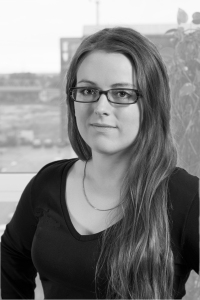
Anita Graser is a researcher at the AIT Austrian Institute of Technology and an open source GIS advocate serving on the OSGeo board of directors and QGIS project steering committee. Her primary research interests focus on GIScience for mobility research questions, analyzing and visualizing spatio-temporal data. She currently teaches at the University of Applied Sciences Wiener Neustadt, and at UNIGIS Salzburg and the Technical University of Vienna. Furthermore, she publishes a popular blog on open source GIS at anitagraser.com and is author of Learning QGIS, and QGIS Map Design.
Thursday, 28 April 2016, 10:00
Forschungsgruppe Kartographie
Seminarraum 126
